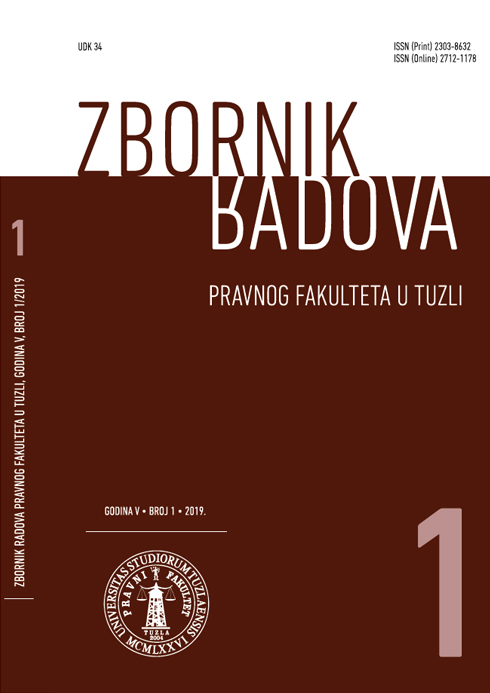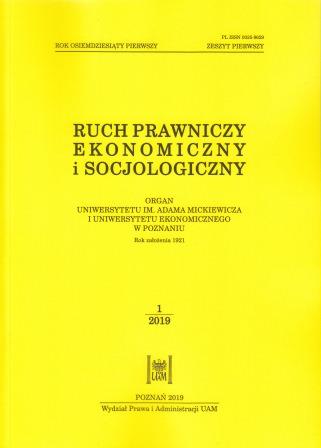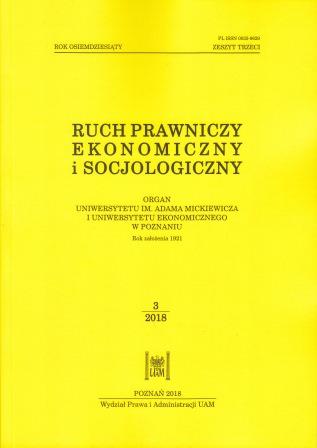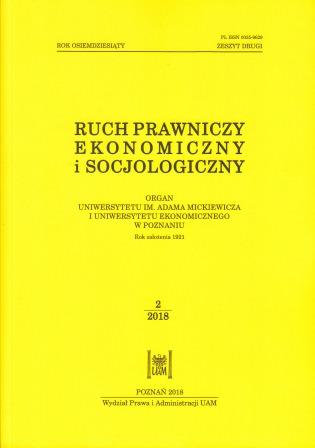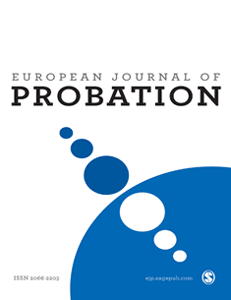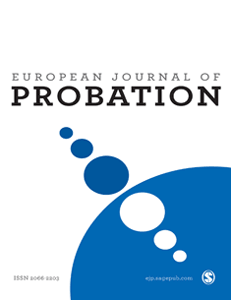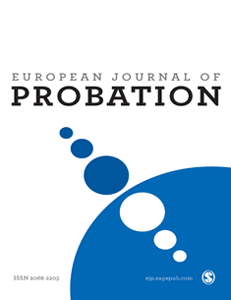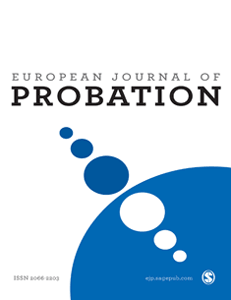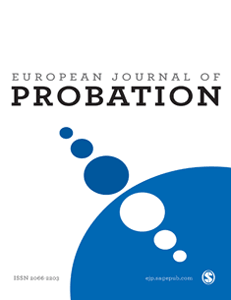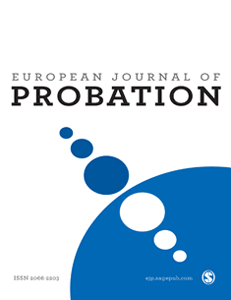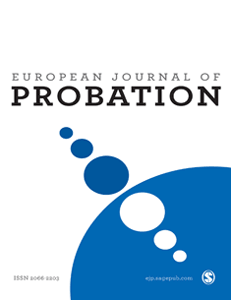Probacija za maloljetnike u Hrvatskoj: stanje i perspektive
This paper gives an overview of relevant elements of juvenile probation in Croatia that is effected through educational measure, increased supervision and surveillance defined by the Law on Juvenile Courts. Current criminological statistics on juvenile delinquency are also given, as well as legislative regulations that determine pronouncement and realization of this sanction. This sanction makes almost 50% of all sanctions pronounced to juvenile delinquents, and from that point of view we can understand its importance. Therefore, it is necessary to continually improve organizational quality of this sanction as well as the quality of direct work with juveniles. In this context this paper presents results of relevant research about conditions connected with pronouncement of this sanction and significant pedagogical methods that showed success. Some suggestions for improving probation work for juvenile offenders in this environment are also given.
More...
